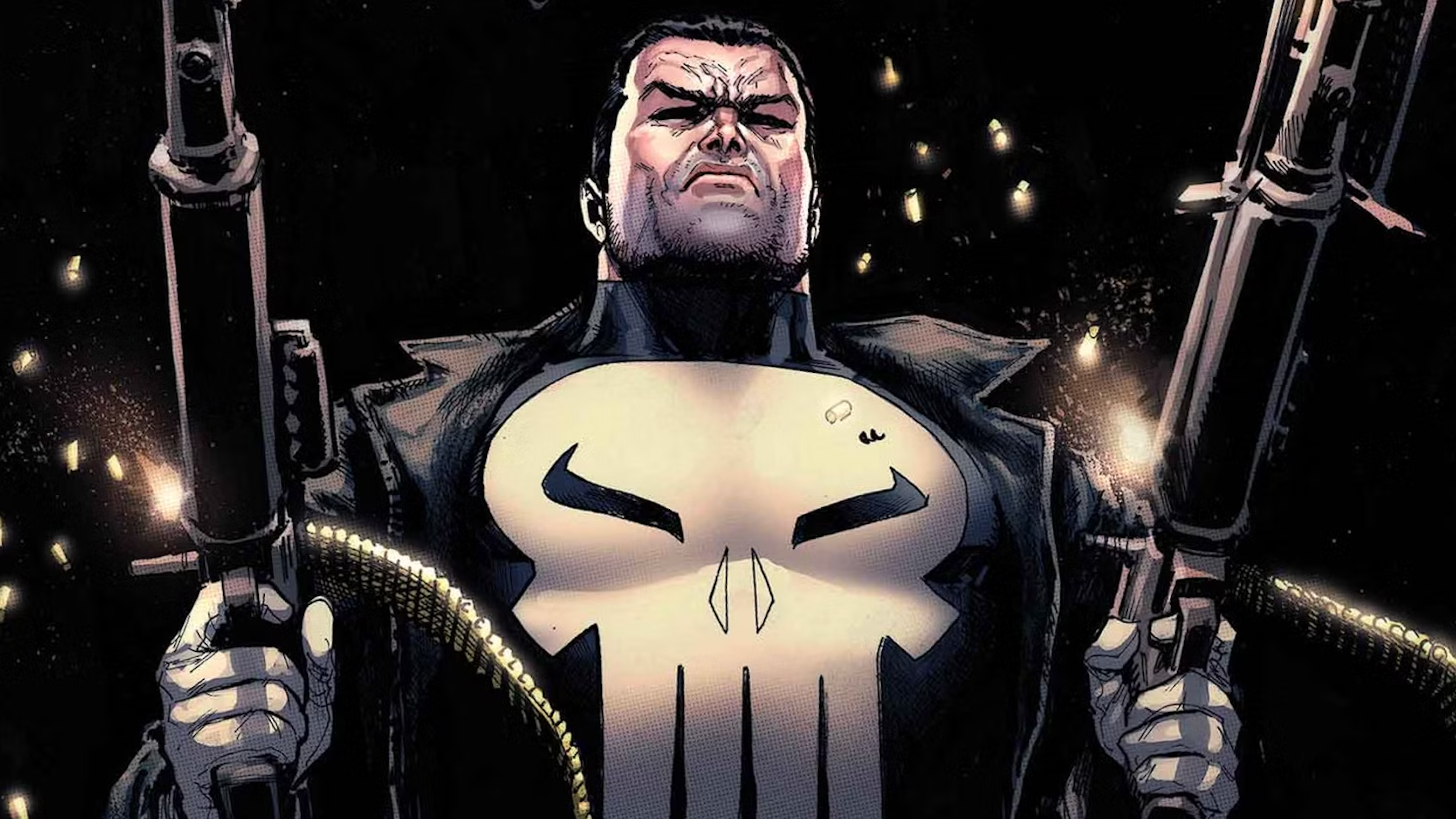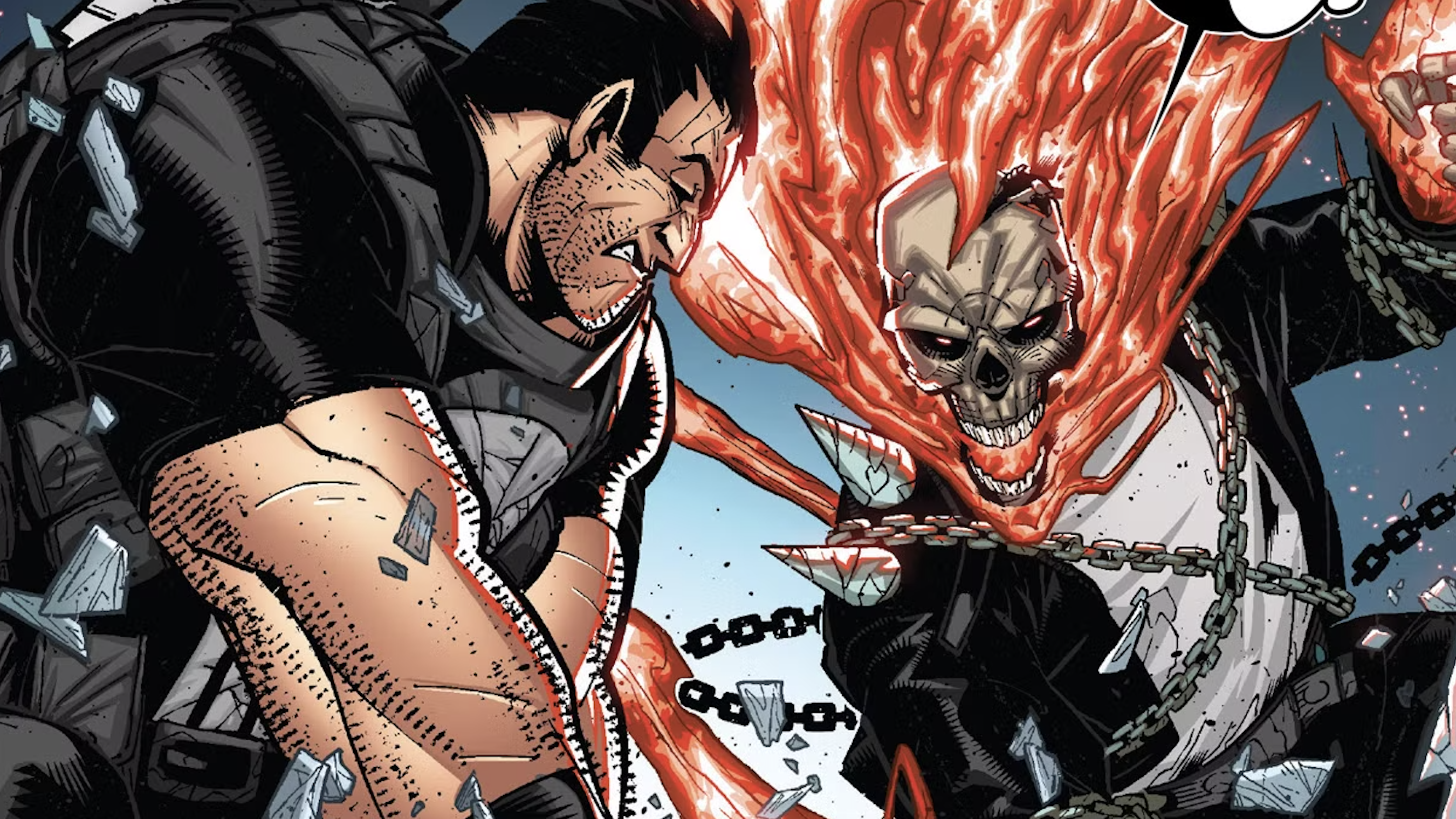
2026 promises to be a big year for the Punisher in the Marvel Cinematic Universe. Jon Bernthal, who brilliantly played the dark and violent anti-hero Frank Castle (aka the Punisher), has been a hit with fans since he first appeared in Daredevil Season 2 back in 2016, and continued with his own series. After a cameo in the upcoming Daredevil: Born Again, the Punisher is scheduled to return in its second season in March 2026. However, his biggest role will be in the Spider-Man: Brand New Day movie, set to release in July 2026. Fans are eager to see how the Punisher’s extreme methods of justice will contrast with Spider-Man’s, as played by Tom Holland. Despite the excitement, it’s worth remembering that in the comic books, the Punisher has often been a somewhat uneven and occasionally frustrating character.
I really like the Punisher, and he’s been part of some fantastic stories. He’s one of Marvel’s most complex and understandable anti-heroes – a tough veteran who seeks revenge for his family by punishing criminals with deadly force. The Punisher forces us to think about anger, vigilantism, and what happens when people resort to their own justice when the law doesn’t work. His conflicts with heroes like Daredevil, who question his violent methods, are some of the most thought-provoking debates in comic books. However, as the Marvel universe evolves, it’s become harder for writers to portray the Punisher in a consistent and compelling way.
The Punisher’s Plot Armor is Ridiculous

What makes the Punisher a compelling character is his relatability – he’s fundamentally just a man. Unlike many heroes, he doesn’t have superpowers or advanced technology; he relies on his intelligence, military skills, and weaponry to wage a one-man war on crime in New York City. Despite this, he’s an exceptionally skilled strategist, shooter, and fighter, capable of taking on large groups of enemies, and even challenging powerful heroes like Spider-Man and Daredevil. Because he’s essentially a serial killer with a somewhat questionable moral code, it’s understandable that heroes would try to stop his violent campaign, which has sometimes resulted in unbelievable instances of characters surviving situations they shouldn’t have.
One of the most talked-about defeats of a powerful hero happened in Thunderbolts #29, when the Punisher beat Ghost Rider. During the fight, Ghost Rider gained the upper hand and prepared to use his Penance Stare – a power that forces someone to experience the suffering of everyone they’ve harmed. Surprisingly, the Punisher was unaffected because he claimed to have no regrets. This allowed the Punisher to defeat Ghost Rider, turning his own chains against him and sending him to Hell. However, the Penance Stare usually works on villains far more evil and without remorse than Frank Castle. This felt like a weak and inconsistent plot device, as the writers seemingly created a convenient reason for the Punisher to win.
A particularly unbelievable plot point involving the Punisher happens when he, while wearing a War Machine suit in The Punisher #225, manages to defeat the entire Avengers team all by himself. Even though the War Machine armor is strong, it’s not nearly powerful enough to beat heroes like the Thing, Captain Marvel, and Hercules, but the Punisher does so with ease and escapes. What makes this even more absurd is that later, a villain uses the same War Machine suit against an unarmored Punisher, but the Punisher still wins easily. He does this by exploiting conveniently appearing gaps in the armor – gaps that seem to appear only to help him win.
The story tries to explain the Punisher’s wins by saying the Avengers haven’t faced anyone as brutal, but this doesn’t make sense – most supervillains also try to kill heroes. Moreover, if the Punisher is truly so dangerous, it’s hard to believe he consistently fails to kill major supervillains in New York. He’s only defeated minor, unimportant villains, with the Mandarin being the one exception. When he faces genuinely powerful foes like Taskmaster, he always loses. By trying to portray the Punisher as superior to traditional superheroes, the writers actually create inconsistencies in his abilities. In the end, the Punisher never lives up to his potential because the story won’t let him truly succeed against established characters.
The Punisher is One of the Most Difficult Characters to Write Well

When the Punisher debuted in 1974, he was a groundbreaking character for Marvel Comics because a vigilante who used guns and deadly force was uncommon. However, as gun violence and vigilantism have become more prevalent issues in American society, Marvel’s writers have faced increasing challenges in how they portray him. Recently, extremist groups on the right have adopted the Punisher’s logo, associating him with harmful ideologies that don’t align with his original character. This has complicated the Punisher’s story, often leading to portrayals that are overly simplistic and fail to capture the full complexity of who he is and his motivations.
Some people point to the Punisher’s wins against powerful heroes as proof that his brutal methods are better than those of traditional heroes. However, this idea – that non-lethal heroes are weaker – raises serious questions about who is truly morally right. The best Punisher stories actually show he’s not someone to admire, and that his approach is deeply flawed – something the Punisher himself admits. Reducing him to just a character who shoots criminals ignores the complex psychological and moral struggles that make him interesting.
Some Marvel writers avoid dealing with the Punisher’s complicated nature by simplifying him into a simple villain or completely removing him from stories. For example, during Secret Empire, they had him join Hydra – a group that destroyed Los Angeles and took over the U.S. – ignoring his usual goal of killing criminals. Later, they had him join the Hand, a criminal ninja cult, hoping they’d bring his family back to life. This storyline ended with the Punisher being sent to another dimension, effectively retiring the character. These plot points feel forced, unlike the Punisher’s established personality, and disregard the important ideas that make his story compelling.
This year’s return of the Punisher with Punisher: Red Band is a real win. The series excels because it truly gets what makes the Punisher work: he’s a gritty, street-level hero who operates outside the usual, more fantastical side of Marvel. He’s a relatable character, kept realistically powerful and driven to fight crime by personal loss and hardship. Importantly, the series doesn’t shy away from the moral complexities of his actions, presenting them as neither wholly right nor wrong. By staying true to the Punisher’s complicated nature, this series makes him a much more engaging and noteworthy character.
What do you think? Leave a Comment below and join the conversation in the ComicBook Forum!
https://comicbook.com/comics/list/5-times-deadpool-was-the-villain/embed/#
Read More
- Best Controller Settings for ARC Raiders
- The Best Members of the Flash Family
- Legacy of Kain: Ascendance announced for PS5, Xbox Series, Switch 2, Switch, and PC
- Netflix’s Stranger Things Replacement Reveals First Trailer (It’s Scarier Than Anything in the Upside Down)
- Star Wars: Galactic Racer May Be 2026’s Best Substitute for WipEout on PS5
- How to Froggy Grind in Tony Hawk Pro Skater 3+4 | Foundry Pro Goals Guide
- Best Werewolf Movies (October 2025)
- 10 Most Memorable Batman Covers
- Arknights: Endfield launches January 22, 2026
- How to Get to Heaven from Belfast soundtrack: All songs featured
2025-11-22 03:14